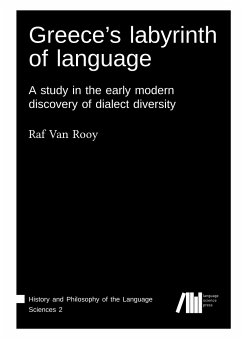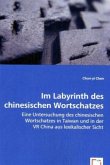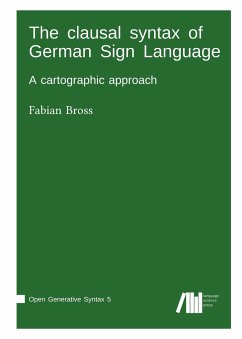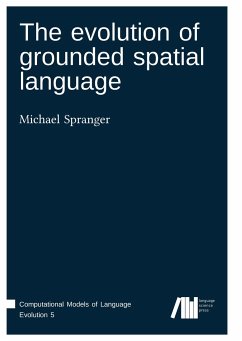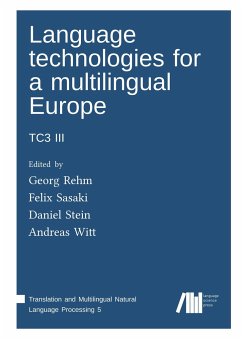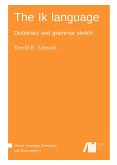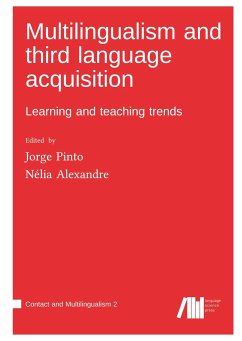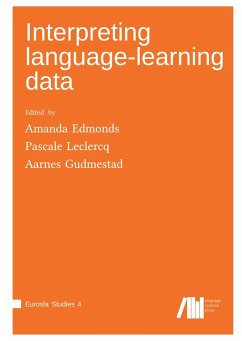Fascinated with the heritage of ancient Greece, early modern intellectuals cultivated a deep interest in its language, the primary gateway to this long-lost culture, rehabilitated during the Renaissance. Inspired by the humanist battle cry ¿To the sources!¿ scholars took a detailed look at the Greek source texts in the original language and its different dialects. In so doing, they saw themselves confronted with major linguistic questions: Is there any order in this immense diversity? Can the Ancient Greek dialects be classified into larger groups? Is there a hierarchy among the dialects? Which dialect is the oldest? Where should problematic varieties such as Homeric and Biblical Greek be placed? How are the differences between the Greek dialects to be described, charted, and explained? What is the connection between the diversity of the Greek tongue and the Greek homeland? And, last but not least, are Greek dialects similar to the dialects of the vernacular tongues? Why (not)? This book discusses and analyzes the often surprising and sometimes contradictory early modern answers to these questions. "This work offers readers a thoroughly novel and particularly enlightening perspective on Ancient Greek dialects through its examination of how the study of these dialects developed in ancient up through pre-modern times. Deftly interweaving discussions of dialectological detail with a consideration of the emergence of various classificatory schemes over many centuries, author Van Rooy has produced a fine work that has much of interest to a wide audience of Hellenists, Classicists, linguists, and historians of the language sciences."¿ Brian Joseph, Distinguished University Professor of Linguistics, Ohio State University
Hinweis: Dieser Artikel kann nur an eine deutsche Lieferadresse ausgeliefert werden.
Hinweis: Dieser Artikel kann nur an eine deutsche Lieferadresse ausgeliefert werden.

